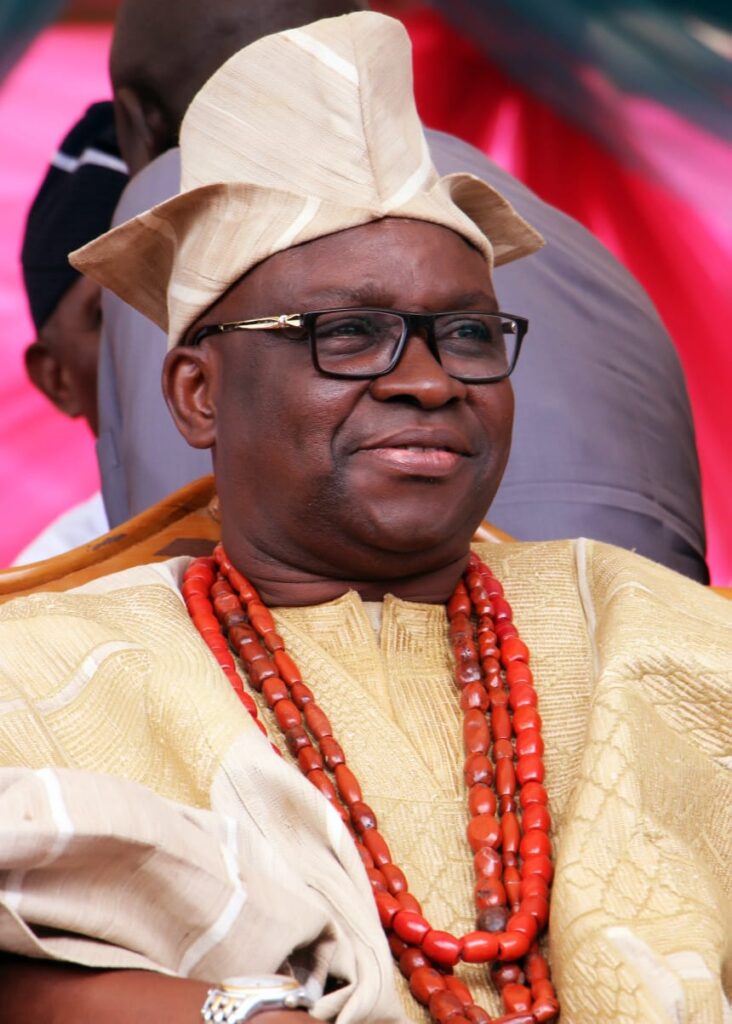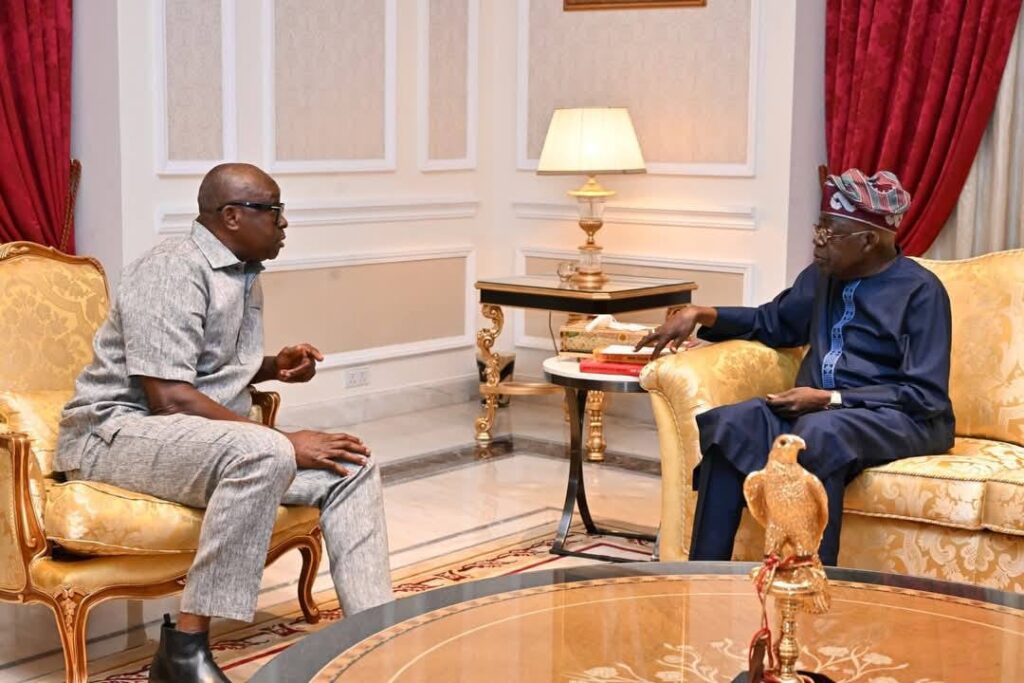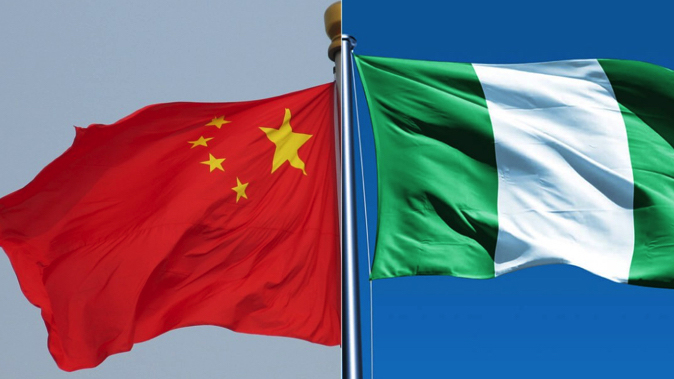
…as EFCC Fails to Establish Prima Facie Evidence
In a major legal victory, the Federal High Court in Lagos on Wednesday discharged former Ekiti State Governor Ayodele Fayose from money laundering charges totaling N6.9 billion, citing the Economic and Financial Crimes Commission’s (EFCC) failure to present sufficient evidence.
Justice Chukwujekwu Aneke upheld Fayose’s no-case submission, ruling that the anti-graft agency could not establish a prima facie case to compel the former governor to enter a defense. The case, initially filed in 2018 before Justice Mojisola Olatoregun, was later transferred to Justice Aneke’s court.
The EFCC had accused Fayose of receiving N1.2 billion for his 2014 governorship campaign and accepting $5 million in cash from former Minister of State for Defence Musiliu Obanikoro without going through financial institutions—a violation of money laundering laws. Additional charges alleged the laundering of over N1.6 billion through companies like De Privateer Ltd and Still Earth Ltd to acquire properties.
Fayose and his company, Spotless Investment Ltd, faced 11 counts related to money laundering and theft, with the funds allegedly traced to the Office of the National Security Adviser during his tenure as governor.
During Wednesday’s hearing, Fayose’s lead counsel, Chief Kanu Agabi (SAN), dismantled the prosecution’s case, arguing that the EFCC failed to prove any of the allegations. He highlighted that Abiodun Agbele, who was allegedly involved in the transactions, was not charged alongside Fayose.
“With due respect, the predicate offenses on which these charges are based do not hold water. Criminal breach of trust and conspiracy are distinct, and no co-conspirator was charged alongside the defendant,” Agabi submitted.
The court agreed, leading to Fayose’s discharge.
A Political Twist
The ruling comes after Musiliu Obanikoro, the former minister who allegedly handed Fayose the $5 million cash, defected to the ruling All Progressives Congress (APC) in 2018. Notably, all fraud charges against Obanikoro and his sons were subsequently dropped—a development that legal observers say weakened the EFCC’s case against Fayose.
Also, Ayo Fayose, a controversial figure, had paid a private visit to President Bola Tinubu in June after which he expressed support for the President and his policies.

With its key witness now politically shielded, the anti-graft agency’s prosecution crumbled, raising questions about the interplay between Nigeria’s justice system and political realignments. The dismissal marks another high-profile anti-corruption case that has collapsed under scrutiny, leaving many to wonder whether the outcome was influenced by more than just legal arguments.






More Stories
EU Reaffirms Support for Credible, Inclusive Anambra Governorship Election
China Articulates a Global South Vision for Fairer Governance
China Deepens Economic Footprint in Nigeria as Bilateral Trade Nears $22 Billion